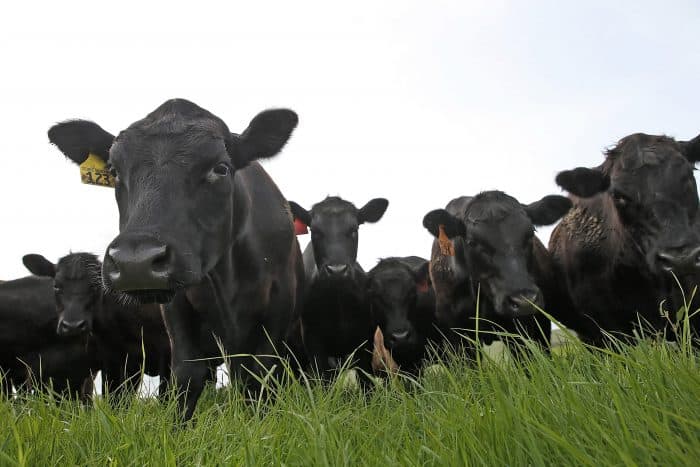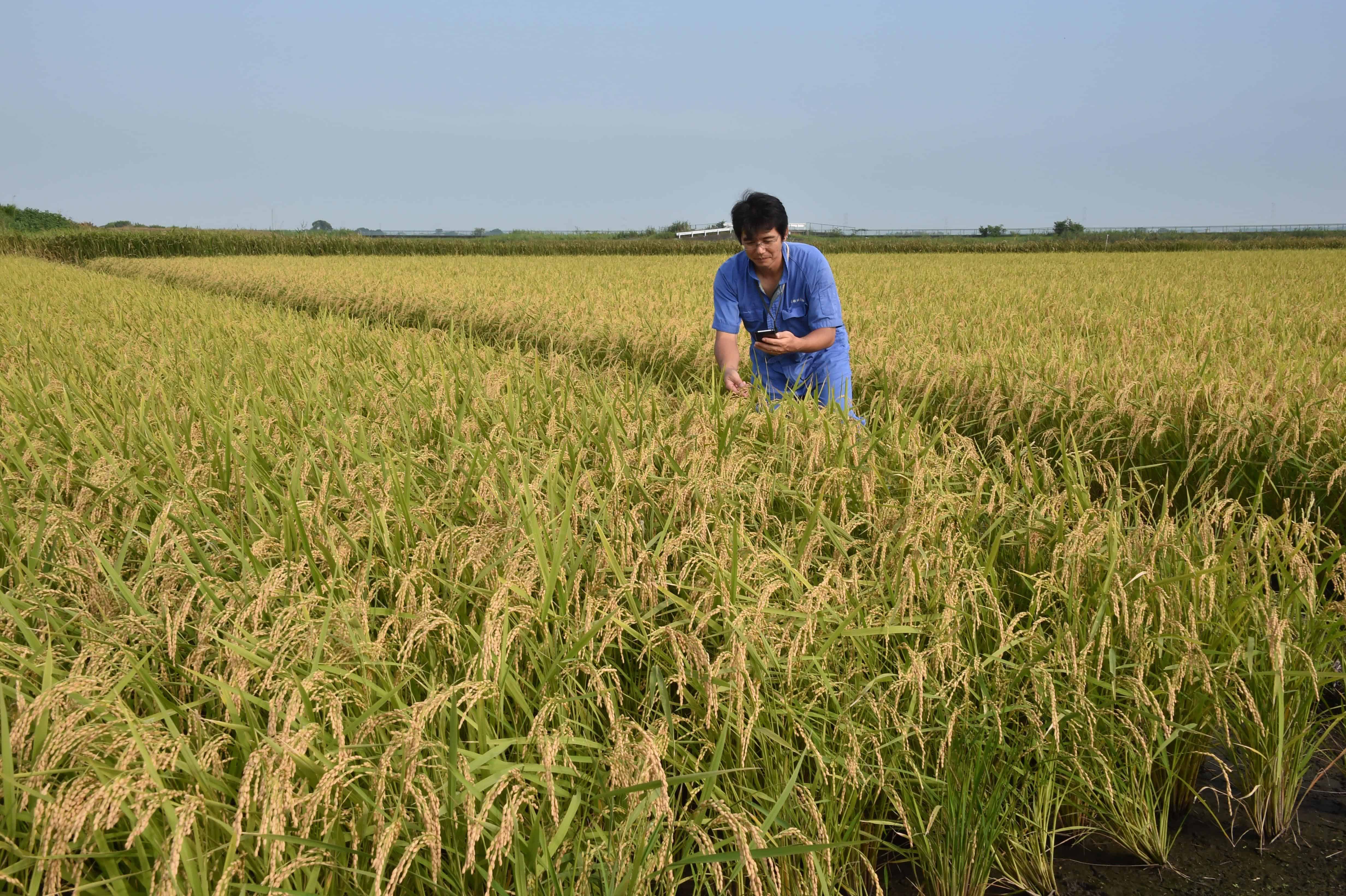The Trans-Pacific Partnership, a tentative agreement on trade negotiated by a dozen Pacific-rim nations, will slightly pry open Japan’s famously closed rice market, protect brand-name drugs from generic competitors for at least five years and lower tariffs on automobiles.
The Trans-Pacific Partnership will rewrite the rules of commerce among 12 nations that collectively produce an estimated 40 percent of the world’s economic output. It still faces hurdles, such as a vote in the U.S. Congress, but if ratified would have a far-reaching impact on goods and services.
Pharmaceuticals
The Trans-Pacific Partnership establishes at least a five-year minimum period during which brand-name drug companies have exclusive rights to sell treatments made from living organisms, known as biologics, after they’ve been approved. That’s fewer than the 12-year exclusivity period granted under U.S. law, but is longer than the time frame now observed by many countries in the pact.
Companies that make much of their revenue from biologics include AbbVie, Celgene and Amgen. Makers of biosimilars — drugs that mimic biologics and cost less — will lose out from the extra wait in nations that are parties of the pact and have shorter exclusivity periods. Among those are Hospira, owned by New York-based Pfizer, and Celltrion, based in South Korea.
“BIO strongly believes that 12 years of data exclusivity is a prerequisite to attract the investment required to continue medical innovation and develop new biological cures and therapies,” Jim Greenwood, president and chief executive officer of the lobbying group Biotechnology Industry Organization, said in an emailed statement.
The longer exclusivity period will pressure the budgets of other countries in the deal and may significantly reduce access to drugs, according to Ruth Lopert, a professor at George Washington University. She said as many as 40,000 people in Vietnam, the poorest country in the agreement, could stop getting drugs to fight HIV because of provisions that will boost the price of therapy.
The agreement won’t make much of a difference to biotechnology stocks, Eric Schmidt, an analyst at Cowen & Co., said before the agreement was announced. With or without exclusivity, biotech intellectual property is pretty well protected, he said.
“I don’t think this is a big deal for us,” Schmidt said. “Biotech patents have historically been very long-lived, more durable than either 8 or 12 years of government-granted exclusivity.”

Autos
“It will have a negative impact on the U.S. auto industry and probably also on the Canadian and Mexican industries as well,” said Clyde Prestowitz, president of the Economic Strategy Institute, a nonpartisan research group, in Washington.
Under the North American Free Trade Agreement, 62.5 percent of a vehicle’s content must come from the region to avoid import tariffs.
With the Trans-Pacific Partnership covering four times as many countries as NAFTA, some countries wanted that amount to be at least 60 percent, said people familiar with the matter, while Japan argued for 40 percent. TPP negotiators in Atlanta agreed last week to a level of 45 percent of a vehicle.
The deal includes provisions to eliminate U.S. import tariffs of 2.5 percent on cars and 25 percent on trucks. But since it isn’t tariffs that keep U.S. autos from being sold in markets like Japan, there won’t be reciprocal trade going West across the Pacific, Prestowitz said.
“Imports to the U.S. will undoubtedly rise and exports from the U.S. will remain essentially stopped up,” he said.
U.S. lawmakers sought strong and enforceable language on currency manipulation, but that wasn’t in the TPP agreement and will have to be negotiated separately, Representative Sander Levin of Michigan said in a memo to fellow Democrats in the House Advisory Group for Negotiations prior to the deal’s announcement. The Treasury Department will handle those talks.
Ford urged Congress to reject the trade deal because it “fails” to address currency manipulation, the second largest U.S. automaker said in a statement.
“To ensure the future competitiveness of American manufacturing, we recommend Congress not approve TPP in its current form, and ask the Administration to renegotiate TPP and incorporate strong and enforceable currency rules,” Ziad Ojakli, Ford’s group vice president for government and community relations, said in the statement. “This step is critical to achieving free trade in the 21st century.”

Agriculture
Japan budged little on rice, the U.S. gave few concessions on sugar and Canada’s dairy system remained intact in the regional agreement, with the toughest agriculture issues resolved by tinkering.
The Trans-Pacific Partnership deal gives U.S. livestock producers new market access and simplifies inspection rules for fruits and vegetables while lowering taxes across farm goods, according to Darci Vetter, the U.S. Trade Representative’s chief agriculture negotiator. While not reaching the ideals hoped for by domestic commodity groups, U.S. agriculture benefits more than enough to line up behind the deal, Vetter said.
The Trans-Pacific Partnership is a “major win” and will “reduce tariffs and level the playing field for U.S. beef exports,” National Cattlemen’s Beef Association president Philip Ellis said in an emailed statement. The deal is also expected to give “enormous new market opportunities” for U.S. pork, according to an emailed statement from the National Pork Producers Council.
On rice, Japan is establishing a new country-specific, duty-free quota of 50,000 tons for U.S. imports, which will rise to 70,000 over 13 years, along with potential new opportunities for increased U.S. sales within quotas already created through the World Trade Organization.
One of the final pieces of the Trans-Pacific Partnership to come together involved Canada’s unique protections against imported dairy goods.
In the end, Canada agreed to open — over five years — foreign quotas for 3.3 percent of its dairy market, 2.3 percent of its egg market, 2.1 percent of its chicken market, 2 percent of its turkey market and 1.5 percent of its broiler hatching eggs market.
“We obviously would have preferred that no additional market access be conceded in the dairy sector,” Dairy Farmers of Canada President Wally Smith said in an e-mail. “However, we recognize that our government fought hard against other countries’ demands, and have lessened the burden by announcing mitigation measures and what seems to be a fair compensation package.”

Canada announced an income-protection plan for producers for 10 years.
The Ottawa-based Dairy Farmers group said the milk displaced by this agreement will never be produced in Canada and “will result in perpetual lost revenue for our farmers.”
Canadian Trade Minister Ed Fast said “The outcome is one that reflects Canada’s long-term interest.”
U.S. tobacco producers unsuccessfully fought an element that limits their ability to use the accord’s dispute resolution procedure to challenge tobacco controls. Public health advocates supported the measure.
“By carving out tobacco from the TPP,” Sen. Thom Tillis, a Republican from tobacco-growing North Carolina, said in a statement circulated by industry representatives, “the Obama administration is discriminating against an entire agricultural commodity, setting a dangerous precedent for future trade agreements.”
© 2015, Bloomberg News






